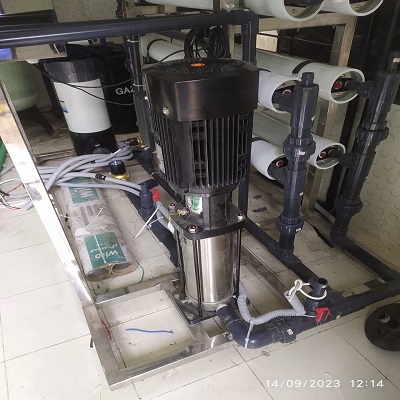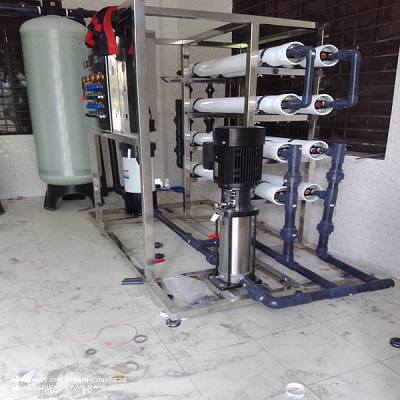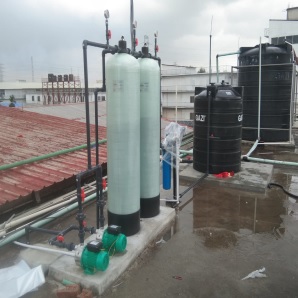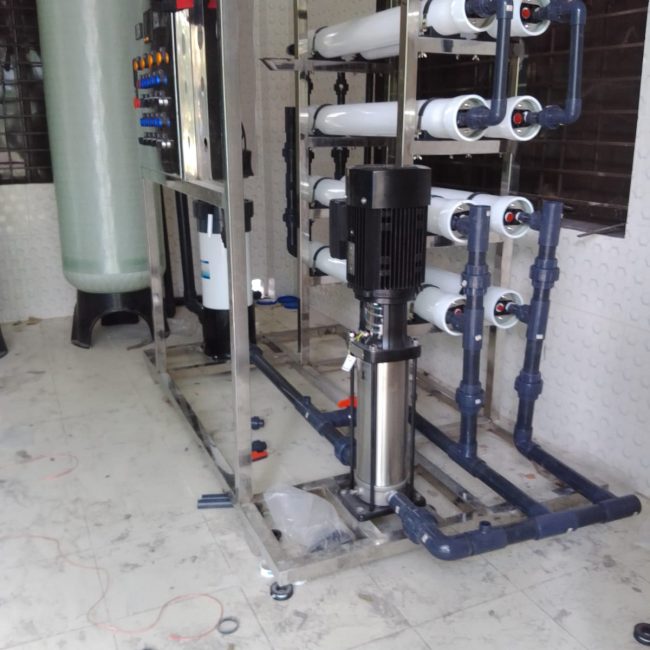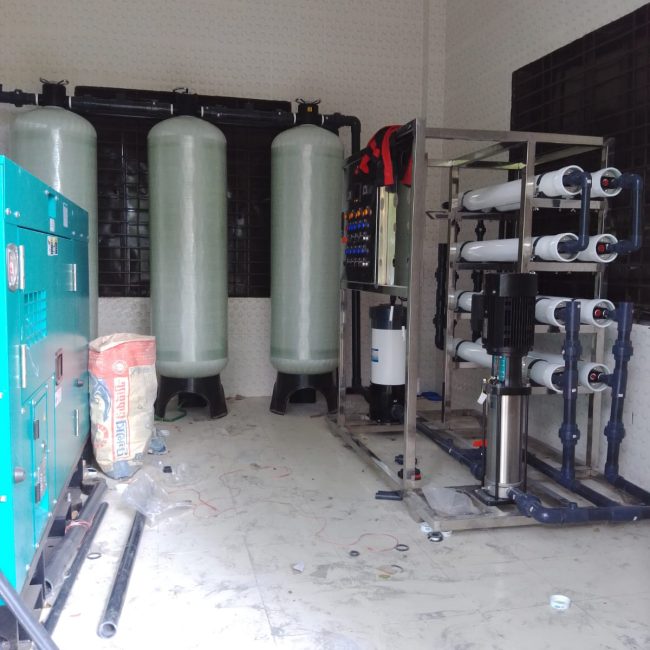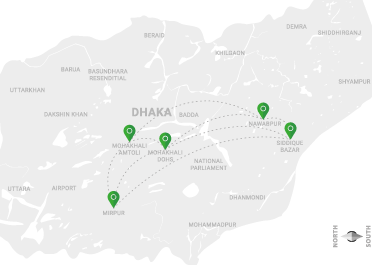
Our goals
Providing solutions of every kind, start to end
Lorem ipsum dolor sit amet, consectetur adipiscing elit. Suspendisse id quam tortor. Aenean et quam non nunc.
Electric charge
Lorem ipsum dolor sit amet, consectetur adipiscing elit.
Water supply
Lorem ipsum dolor sit amet, consectetur adipiscing elit.
Heat control
Lorem ipsum dolor sit amet, consectetur adipiscing elit.
Eco - recycle
Lorem ipsum dolor sit amet, consectetur adipiscing elit.
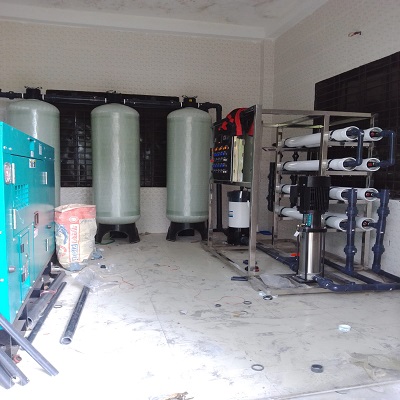

We answer all your needs, labor & more
Lorem ipsum dolor sit amet, consectetur adipiscing elit. Nulla sapien risus, scelerisque id tellus aliquam, rhoncus consequat dolor. Phasellus sed gravida tellus, ac consectetur augue. Lorem ipsum dolor sit amet, consectetur adipiscing elit. Nulla sapien risus, scelerisque id tellus aliquam, rhoncus consequat dolor. Phasellus sed gravida tellus, ac consectetur augue. Lorem ipsum dolor sit amet, consectetur adipiscing elit. Nulla sapien risus, scelerisque id tellus aliquam, rhoncus consequat dolor. Phasellus sed gravida tellus, ac consectetur augue. Lorem ipsum dolor sit amet, consectetur adipiscing elit. Nulla sapien risus, scelerisque id tellus aliquam, rhoncus consequat dolor. Phasellus sed gravida tellus, ac consectetur augue.
We answer all your needs, resources, labor & more
Lorem ipsum dolor sit amet, consectetur adipiscing elit. Nulla sapien risus, scelerisque id tellus aliquam, rhoncus consequat dolor. Phasellus sed gravida tellus, ac consectetur augue. Lorem ipsum dolor sit amet, consectetur adipiscing elit. Nulla sapien risus, scelerisque id tellus aliquam, rhoncus consequat dolor. Phasellus sed gravida tellus, ac consectetur augue. Lorem ipsum dolor sit amet, consectetur adipiscing elit. Nulla sapien risus, scelerisque id tellus aliquam, rhoncus consequat dolor. Phasellus sed gravida tellus, ac consectetur augue. Lorem ipsum dolor sit amet, consectetur adipiscing elit. Nulla sapien risus, scelerisque id tellus aliquam, rhoncus consequat dolor. Phasellus sed gravida tellus, ac consectetur augue.
